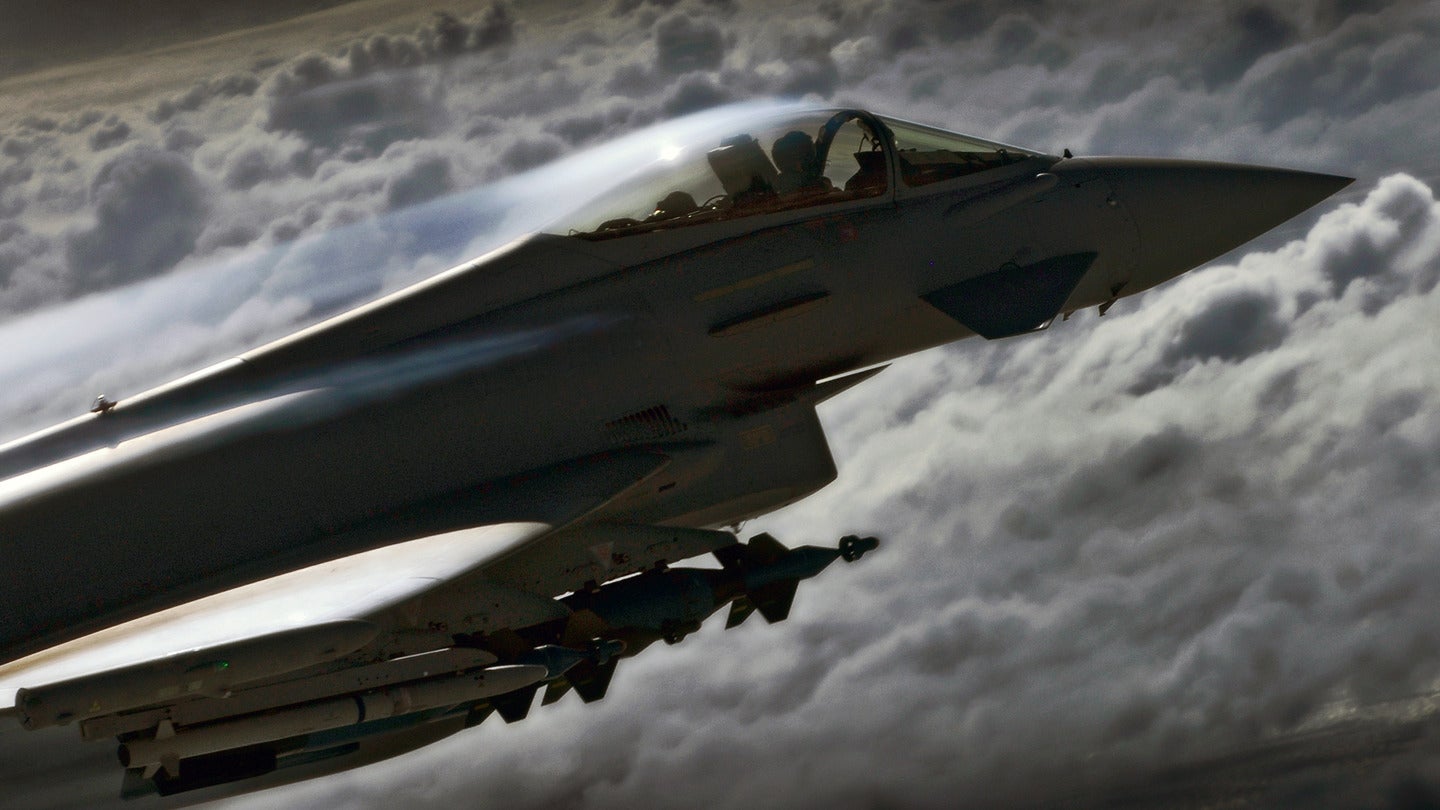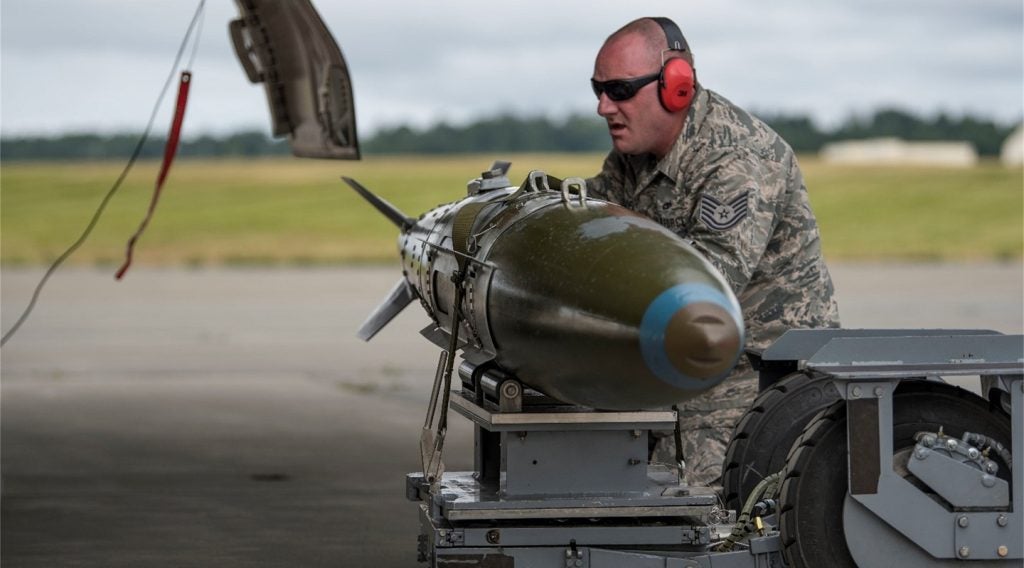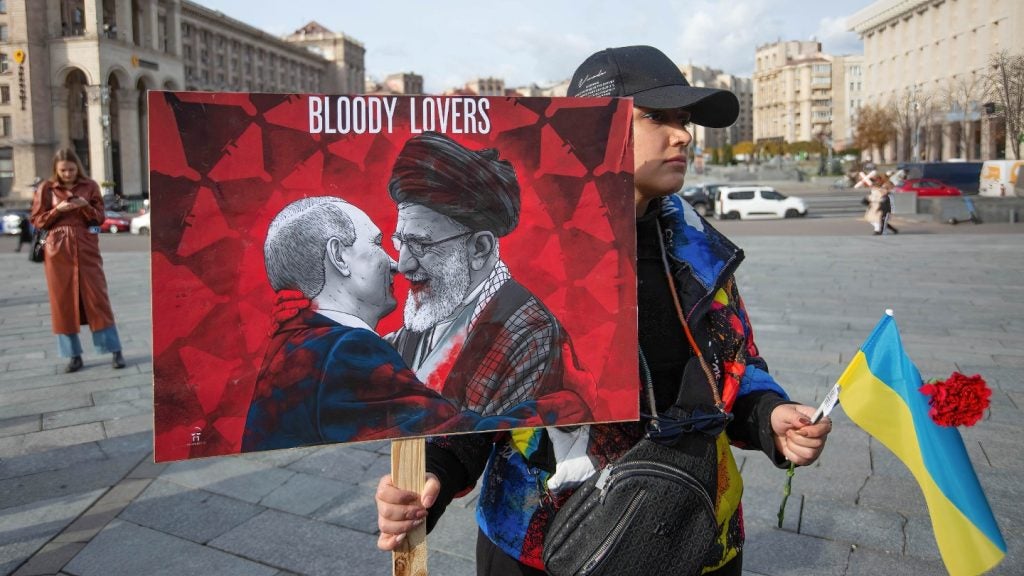
Saudi Arabia is reportedly pushing to gain access to the Global Combat Air Programme (GCAP), a three-way partnership between the UK, Italy and Japan to develop one of the most ambitious combat aircraft projects worldwide.
Should the Kingdom be accepted, a move tentatively favoured in London and Rome but opposed by Tokyo, it would gain access to the fighter jets, technology and geopolitical influence GCAP offers, according to the Financial Times.
In the UK, this technology has been overseen by “Team Tempest”, a collaboration between the Ministry of Defence (MoD) and industry giants Rolls-Royce, BAE Systems, MBDA and Leonardo. The Tempest project aims to create a fleet of hypersonic stealth combat jets equipped with AI-controlled swarming drones and electromagnetically charged missiles.
First announced in July 2022, the Tempest programme and wider GPAC initiative have coincided with a rise in job hirings in the defence sector across the UK, Italy and Saudi Arabia. Italy has seen the largest percentage growth, with an 82% increase.
Saudi Arabia – a future global defence power?
Listed at $69.1bn (SR259bn) in 2023, Saudi Arabia’s defence budget is already the fifth largest worldwide. Military spending is projected to reach $86.4bn by 2028, according to GlobalData’s Saudi Arabia Defence Market 2023-2028 report.
The oil-rich nation is already channelling billions of petrodollars into developing a domestic weapons industry. Saudi Arabia is currently one of the world’s biggest arms importers, mostly from US companies, but it seeks to become a producer.
The Kingdom’s move comes amid a pivot to diversify its economy beyond oil and reduce its reliance on the US for security technology.
At the forefront of the agenda of this week’s BRICS Summit in Johannesburg (22-24 August) is the potential accession of 23 countries including Saudi Arabia, Argentina and Indonesia. Beijing and Brasilia strongly favour this expansion, which would see the BRICS account for almost half of the global population.
An unlikely alliance
As with most Saudi dealings, from sectors spanning healthcare to sport, influence has been bought with unprecedented amounts of funding.
Specific figures have yet to be revealed, but experts predict that Saudi involvement would involve a significant contribution to engineering expertise in a programme expected to cost upwards of $91bn.
“The Kingdom of Saudi Arabia is one of the UK’s strategic partnerships and UK Defence is keen to deepen work on GCAP. We see Saudi Arabia as a key partner in the fighter programme and we are working to ensure strong progress as soon as possible,” a senior UK defence source told the Financial Times.
Despite bin Salman’s vocalising his intention to join GCAP to Japanese Prime Minister Fumio Kishida during a state visit to Jeddah in July, Tokyo remain opposed to a Saudi presence.
Logistical difficulties are also a consideration. Taking a fourth member on board would complicate negotiations with tight GCAP deadlines already looming. The first prototypes are due to go airborne in 2035, while the programme itself will run until 2070.
Such a lengthy timespan is another factor likely to impede Saudi accession. Aside from access to guarded technology, the Kingdom would become geopolitically tied to the UK, Italy and Japan for nearly half a century – assuming GCAP sticks to its scheduled deadlines and does not lead to subsequent initiatives.
Our signals coverage is powered by GlobalData’s Thematic Engine, which tags millions of data items across six alternative datasets — patents, jobs, deals, company filings, social media mentions and news — to themes, sectors and companies. These signals enhance our predictive capabilities, helping us to identify the most disruptive threats across each of the sectors we cover and the companies best placed to succeed.







